The engineering resins market is characterized by a dynamic competitive landscape, driven by innovation, sustainability, and technological advancements. Key players such as BASF (US), DuPont (US), and Covestro (US) are actively shaping the market through strategic initiatives. BASF (US) focuses on enhancing its product portfolio with high-performance materials, while DuPont (US) emphasizes sustainability in its operations, aiming to reduce carbon footprints. Covestro (US) is investing in digital transformation to optimize production processes, thereby improving efficiency and reducing costs. Collectively, these strategies foster a competitive environment that prioritizes innovation and responsiveness to market demands.
In terms of business tactics, companies are increasingly localizing manufacturing to enhance supply chain resilience and reduce lead times. The market structure appears moderately fragmented, with several players vying for market share. However, the collective influence of major companies like SABIC (US) and LANXESS (US) is notable, as they leverage their extensive networks and resources to maintain competitive advantages. This competitive structure encourages collaboration and strategic partnerships, further enhancing market dynamics.
In November 2025, SABIC (US) announced a partnership with a leading automotive manufacturer to develop advanced engineering resins tailored for electric vehicle applications. This collaboration is strategically significant as it aligns with the growing demand for lightweight and durable materials in the automotive sector, potentially positioning SABIC (US) as a key supplier in this rapidly evolving market.
In October 2025, DuPont (US) unveiled a new line of bio-based engineering resins aimed at reducing environmental impact. This initiative reflects a broader trend towards sustainability, as DuPont (US) seeks to differentiate itself by offering eco-friendly alternatives. The introduction of these materials could enhance DuPont's market position, appealing to environmentally conscious consumers and industries.
In September 2025, Covestro (US) launched a digital platform designed to streamline customer interactions and improve service delivery. This move underscores the importance of digitalization in the engineering resins market, as Covestro (US) aims to enhance customer experience and operational efficiency. By integrating technology into its business model, Covestro (US) is likely to gain a competitive edge in an increasingly digital marketplace.
As of December 2025, current trends indicate a shift towards digitalization, sustainability, and AI integration within the engineering resins market. Strategic alliances are becoming more prevalent, as companies recognize the need for collaboration to address complex challenges. Looking ahead, competitive differentiation is expected to evolve, with a greater emphasis on innovation and technology rather than price-based competition. Companies that successfully navigate these trends will likely emerge as leaders in the market, capitalizing on the demand for reliable and advanced engineering solutions.


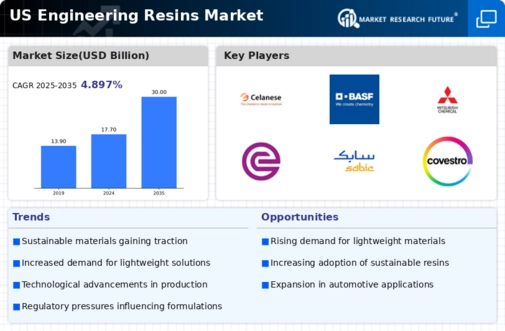
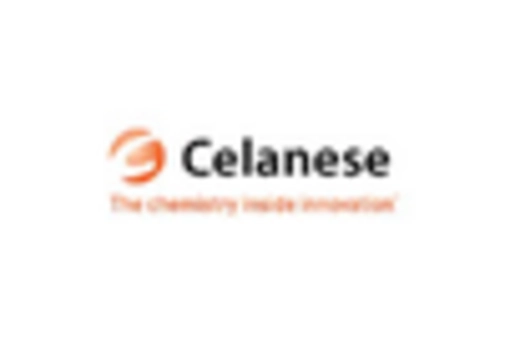
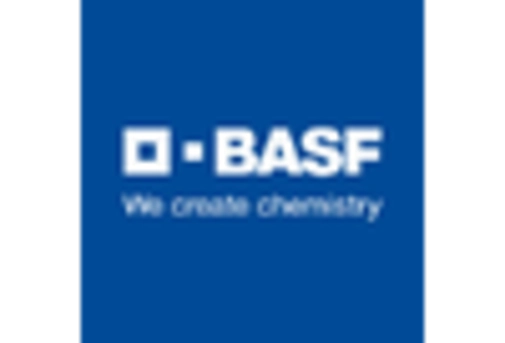





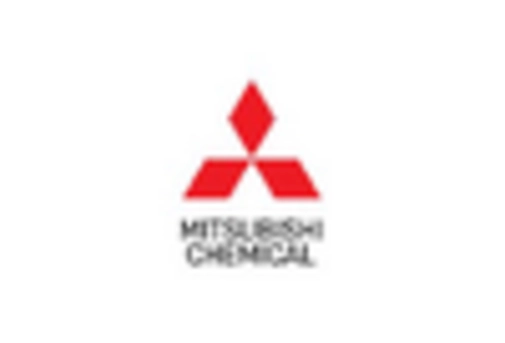



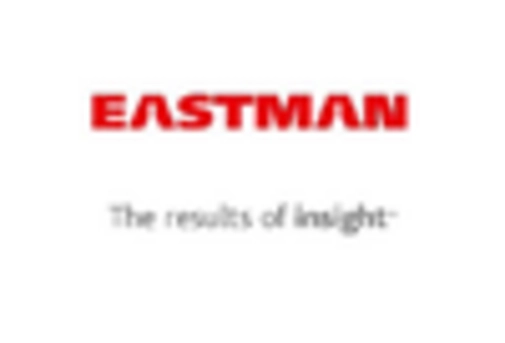
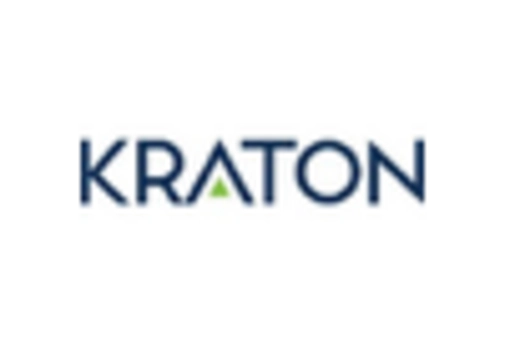








Leave a Comment